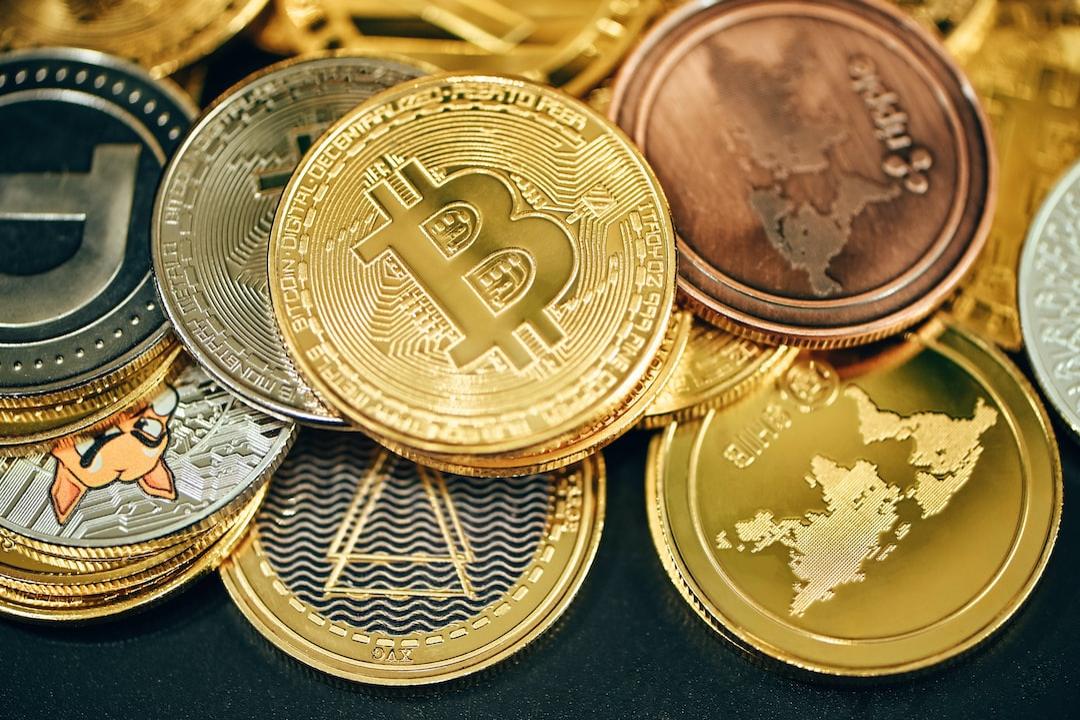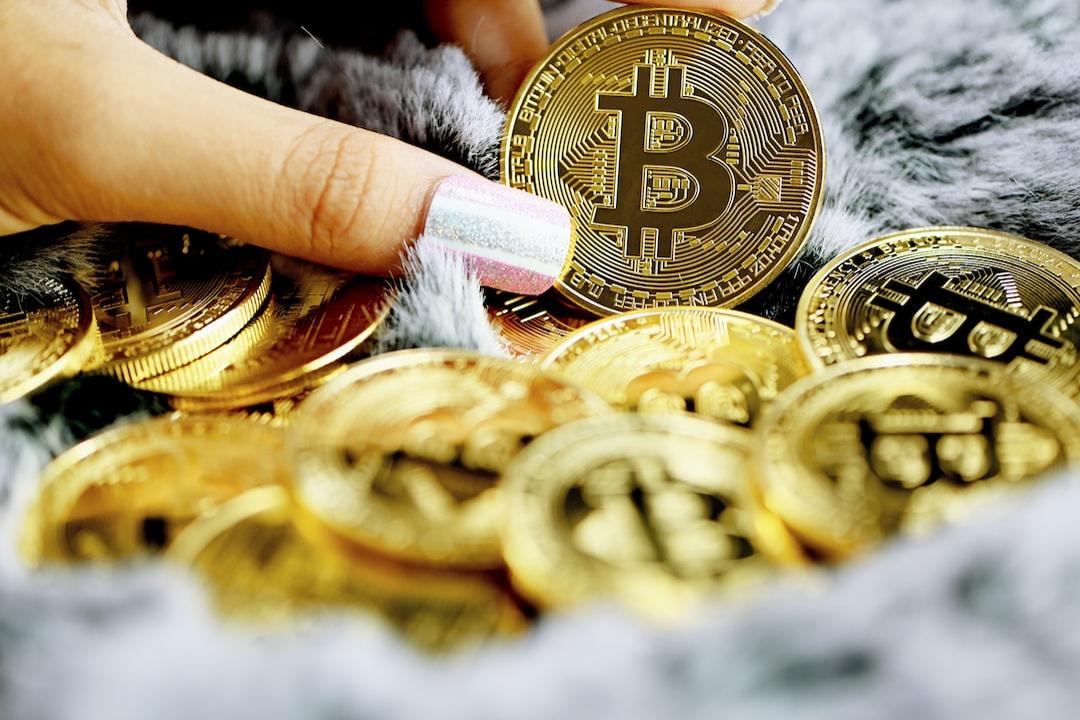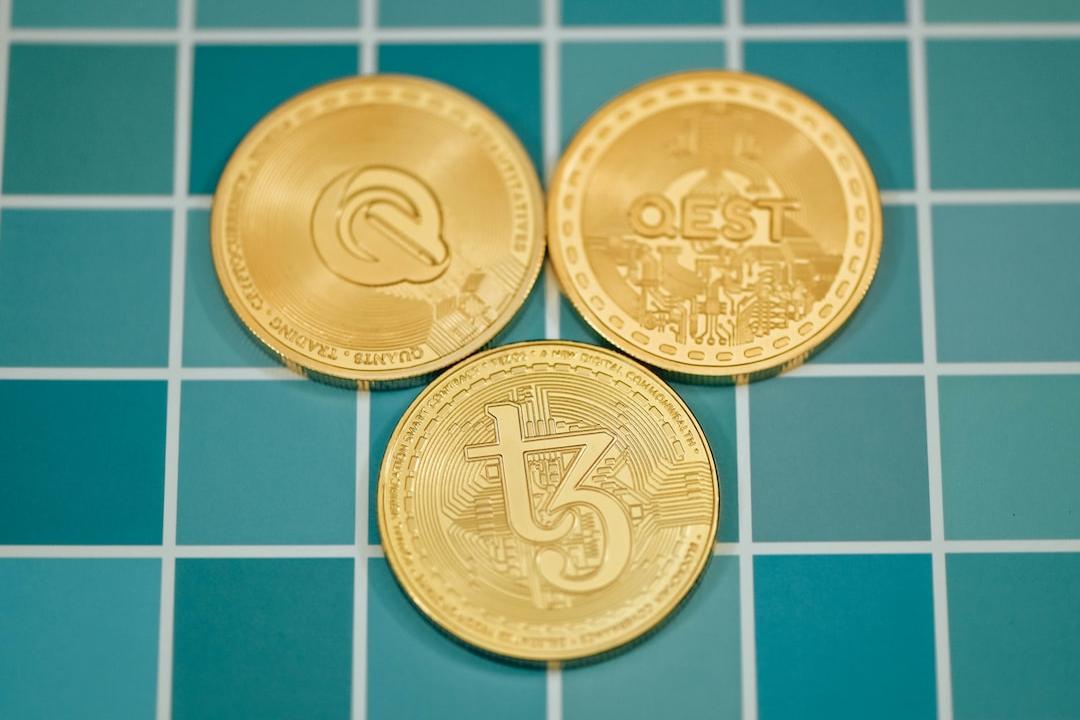As the exchange rate of the Korean won to the US dollar approaches a 15-year high, discussions on the stability of the South Korean economy have resurfaced in the market. Some are drawing parallels between the current situation and the nationwide fundraising campaign launched by South Korea during the 1998 Asian financial crisis with the support of the International Monetary Fund (IMF). Back then, Korean citizens collectively donated gold to support the country’s foreign exchange reserves. CryptoQuant founder Ki Young Ju pointed out that there is a 3% premium in the USDT/KRW exchange, and South Korea may need Bitcoin as an asset reserve.
With USDT trading at a 3% premium, South Korea’s whales are accumulating US dollars
Ki Young Ju stated on Twitter that the Korean won to US dollar exchange rate is about to reach a 15-year high, recalling the event in 1998 when South Korean companies and people donated gold as asset reserves. He suggested that South Korea might need a digital gold collection campaign this time, as South Korea is the country that most needs Bitcoin as a strategic reserve. He also mentioned that South Korea’s whales are accumulating USDT, with a 3% premium in the USDT/KRW trading price on Upbit compared to the bank exchange rate, with the USDT price at 1,559 KRW.


Source: Ki Young Ju
National donation of Bitcoin to save the government? New fundraising campaign
Looking back at the 1997 financial storm that originated from Thailand, the Thai government had intentionally devalued the Thai baht several times to make exports more competitive. Many Asian countries (such as Thailand) pegged their local currencies to the US dollar, attracting more foreign capital but also losing flexibility in monetary policy. Enterprises and banks borrowed large amounts of foreign debt, leading to asset bubbles, especially in the real estate and stock markets. The foreign exchange reserves of these countries could not support excessive foreign currency debt.
During this time in the financial markets, hedge funds began massively shorting the Thai baht. Financial giant George Soros’s Quantum Group of Funds played a significant role in this. In July 1997, the Thai government announced the abandonment of the fixed exchange rate system, leading to a rapid devaluation of the Thai baht. This resulted in soaring foreign debt costs, making it difficult for enterprises and banks to repay debts, ultimately causing a collapse of the financial system.
In 1997, South Korea’s bubble also burst, leading to bankruptcy on December 3. An agreement was signed with the IMF, borrowing $55 billion, which was considered the biggest disgrace for South Korea after ceding the Korean Peninsula to Japan. The government, Samsung Group, Daewoo Group, KBS, and others launched a fundraising campaign, encouraging people to donate their gold jewelry to the country, ultimately raising 225 tons of gold. The mother of Rohee in the Korean drama “Twenty Five, Twenty One” participated in the fundraising campaign.
Is it possible for South Korea to include Bitcoin in its asset reserves?
The depreciation of the Korean won is mainly influenced by the following factors:
Slowdown in South Korean exports: As an export-oriented economy, South Korea’s export performance directly affects its economic fundamentals.
Geopolitical risks: The geopolitical uncertainty on the Korean Peninsula and the overall instability of the Asia-Pacific region further intensify foreign investors’ hedging sentiment towards the Korean won. This includes the already tense North-South Korean relations and the recent martial law incident initiated by South Korean President Yoon Suk-yeol. Meanwhile, just across the sea in Japan, Prime Minister Yoshihide Suga is facing a continued decline in approval ratings.
Influence of speculative forces: During the 1997 Asian financial crisis, speculators like Soros and his Quantum Fund played a significant role in attacking Asian currencies. They used financial derivatives to carry out massive short operations, and the Korean won at the time was not spared, being forced to devalue significantly and ultimately triggering a comprehensive economic crisis. Looking at the current situation, similar speculative behavior may reoccur in stable coins and cryptocurrencies, further deepening the challenges faced by South Korea.
While the idea of establishing a Bitcoin strategic reserve may seem radical, there are already precedents. For example, El Salvador has incorporated Bitcoin into its national legal tender system and continues to increase its Bitcoin holdings. In addition, many large international institutions have begun to view Bitcoin as a core asset in their portfolios. Even under the leadership of Donald Trump and the Republican Party, the US government has included Bitcoin reserves and may even use them to repay US debt, which does not seem impossible.
(Bitcoin reserve topic continues! Federal Reserve Chairman Powell: FED is not allowed to hold Bitcoin and other cryptocurrencies)
Risk Warning
Cryptocurrency investment carries high risks, and prices may fluctuate drastically, leading to potential loss of all invested capital. Please assess the risks carefully.

